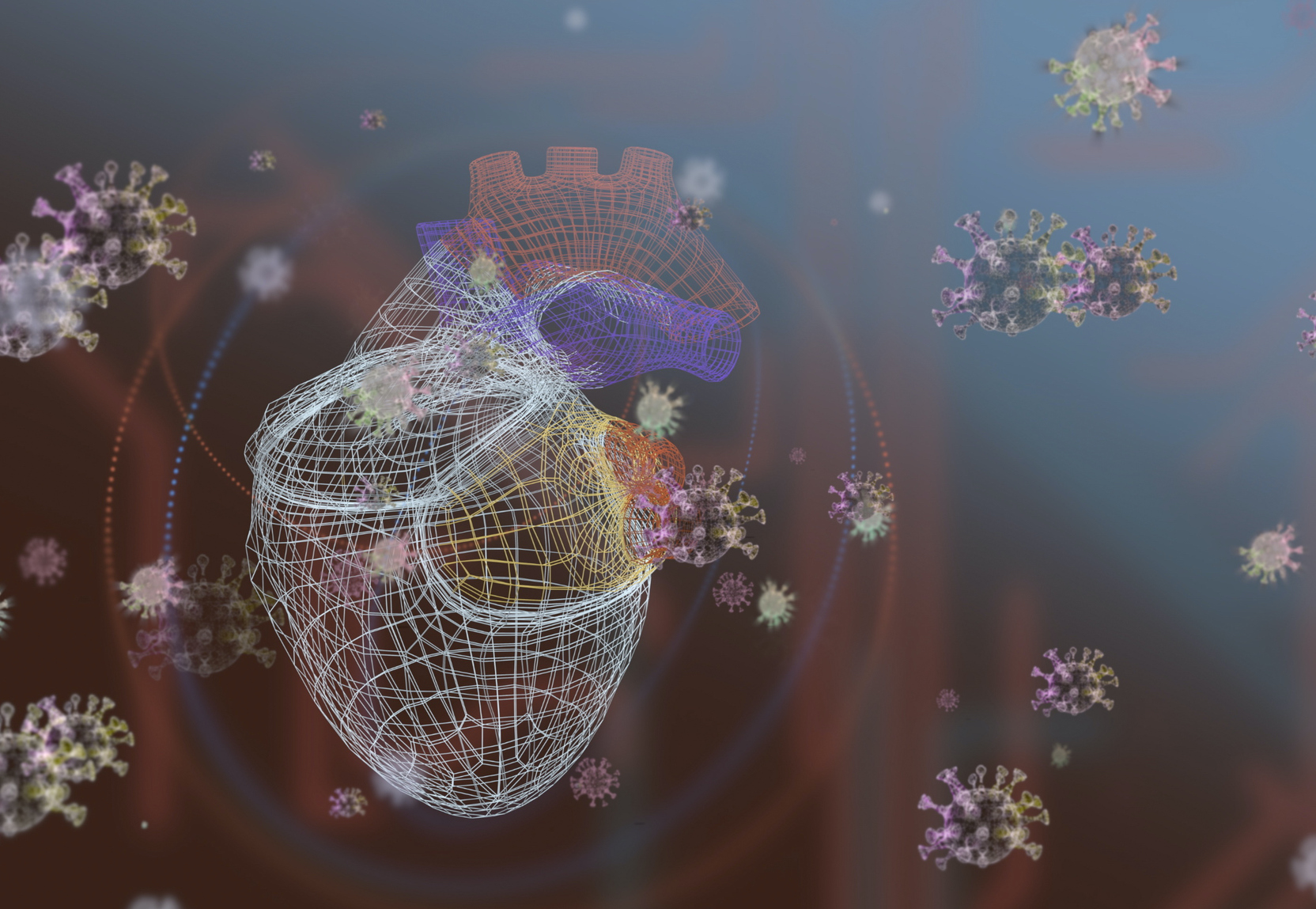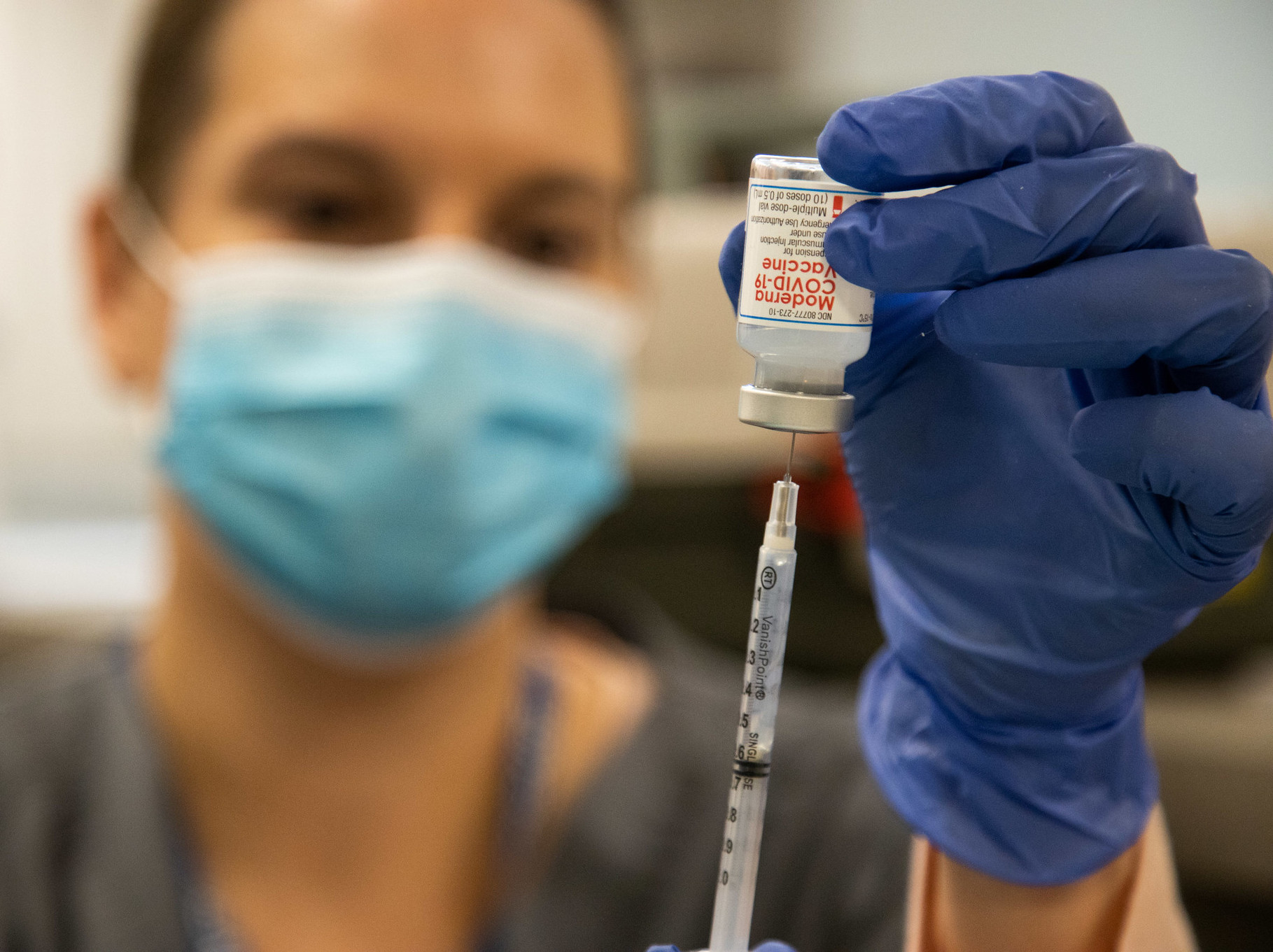
The patient in this article consented to the use of their story but prefers to remain anonymous.
Linda University Medical Center (LLUMC) admitted its first COVID-19 patients in March 2020, prompting discoveries and investigations into the viral infection’s various impacts on individuals.
As LLUMC care teams treated infected patients, Loma Linda University International Heart Institute launched the COVID-19 Heart Clinic to provide additional care to patients with persisting symptoms after infection. Since then, researchers’ understanding of the virus has not only deepened but broadened to encompass COVID-19’s long-term effects.
“When we were embarking on this journey, we had no idea what this would mean, and we have learned a lot since then,” says Purvi Parwani, MD, director of the COVID-19 Heart Clinic that she and colleagues launched one year ago.
She outlines major takeaways from caring for patients who experience heart problems after COVID-19 infection that can help guide care moving forward.
Severity of COVID-19 infection does not predict who can experience lingering cardiac symptoms
Based on various histories of patients at the clinic, Parwani says a clear link cannot be made between the intensity of a COVID-19 infection and the aftermath of any lingering heart problems.
“If you didn’t have a severe COVID infection, that doesn’t mean you won’t get long haul symptoms,” she says. Symptoms may include chest pain, shortness of breath, fatigue, tiredness, dizziness, palpitations, and blood pressure issues.
Many patients’ cardiovascular issues are not detected in imaging
 From stress tests to MRIs, many cardiac imaging tests display negative results for patients experiencing long-term symptoms at the COVID-19 Heart Clinic, says Parwani.
From stress tests to MRIs, many cardiac imaging tests display negative results for patients experiencing long-term symptoms at the COVID-19 Heart Clinic, says Parwani.
Though the chances of detecting a patient’s post-viral myocarditis via MRI remain low, Parwani says patients are still feeling real and intense symptoms.
In such cases, she says the medical community continues to strive towards completing its understanding of the disease and considering possibilities — perhaps COVID-19's long-term impacts occur on a cellular level not detectable by cardiac imaging, for instance.
Nonetheless, long-term cardiac symptoms after COVID-19 infection are valid
Dealing with undetectable heart problems proves a point of confusion, frustration, and doubt for some patients. Though pinpointing the actual causation of such patients’ intense symptoms remains difficult when undetected by tests, Parwani says she and care teams provide reassurance and validation of what patients feel.
“We know there is some type of physiological basis for the symptoms that we have not been able to detect so far,” Parwani says. “I take a lot of pride in caring for these patients by identifying their ailments and helping them, not disregarding their symptoms.”
Most patients get better over time
 Many of the patients at the clinic begin to feel their symptoms subside and recover their health almost fully within six months to a year, Parwani says.
Many of the patients at the clinic begin to feel their symptoms subside and recover their health almost fully within six months to a year, Parwani says.
However, some patients do not fully return to the health they possessed pre-COVID-19 infection within a year. Yet such symptomatic patients, like 56-year-old Regina Juarez, can still experience a lessening of symptoms and improvement in their health.
“I feel comfortable reassuring the patients that they will get better,” Parwani says.
The vaccine plays a role
Parwani says almost all patients who visit the COVID-19 Heart Clinic for long-term cardiac problems were not vaccinated at the time of their infection. She recommends getting vaccinated three months after contracting COVID-19.
 “Because the immunity COVID-19 brings is not very long-lasting, I want to empower patients to get vaccinated so they can be better protected in case of re-infection,” Parwani says.
“Because the immunity COVID-19 brings is not very long-lasting, I want to empower patients to get vaccinated so they can be better protected in case of re-infection,” Parwani says.
One such clinic patient who presented with COVID-19-induced heart complications post-infection says the infection and its aftermath completely changed his lifestyle.
The 38-year-old man tested positive for the virus in September 2021 after attending a wedding unvaccinated. Not only was he hospitalized during his infection, he continues to experience chest pain and palpitations — symptoms that have limited his ability to bike, jog, and play basketball.
Parwani and the patient are working together on a treatment plan involving medications and lifestyle changes to ease him back towards full recovery. He is now considering the vaccination for COVID-19 to protect his health moving forward, he says (see this article to learn about COVID-19 vaccines for people with cardiovascular concerns).
The COVID-19 Heart Clinic continues to help incoming patients
“We continue to see patients coming with cardiovascular symptoms after a COVID-19 infection, in spite of being in this pandemic for this long,” says Parwani.
Amidst the constant stream of returning and incoming patients at the clinic, Parwani says the clinic also experienced spikes that correlate to periods when most people began to travel around summertime or other holidays, most of which were also unvaccinated.
Learn more from Parwani about COVID-19’s impacts on cardiovascular health and hear from other cardiologists about various heart health topics by visiting lluh.org/heart-vascular/patients-families/heart-month. Also, don't miss the chance to sign up for emails to continue learning about heart health for you and your loved ones.
